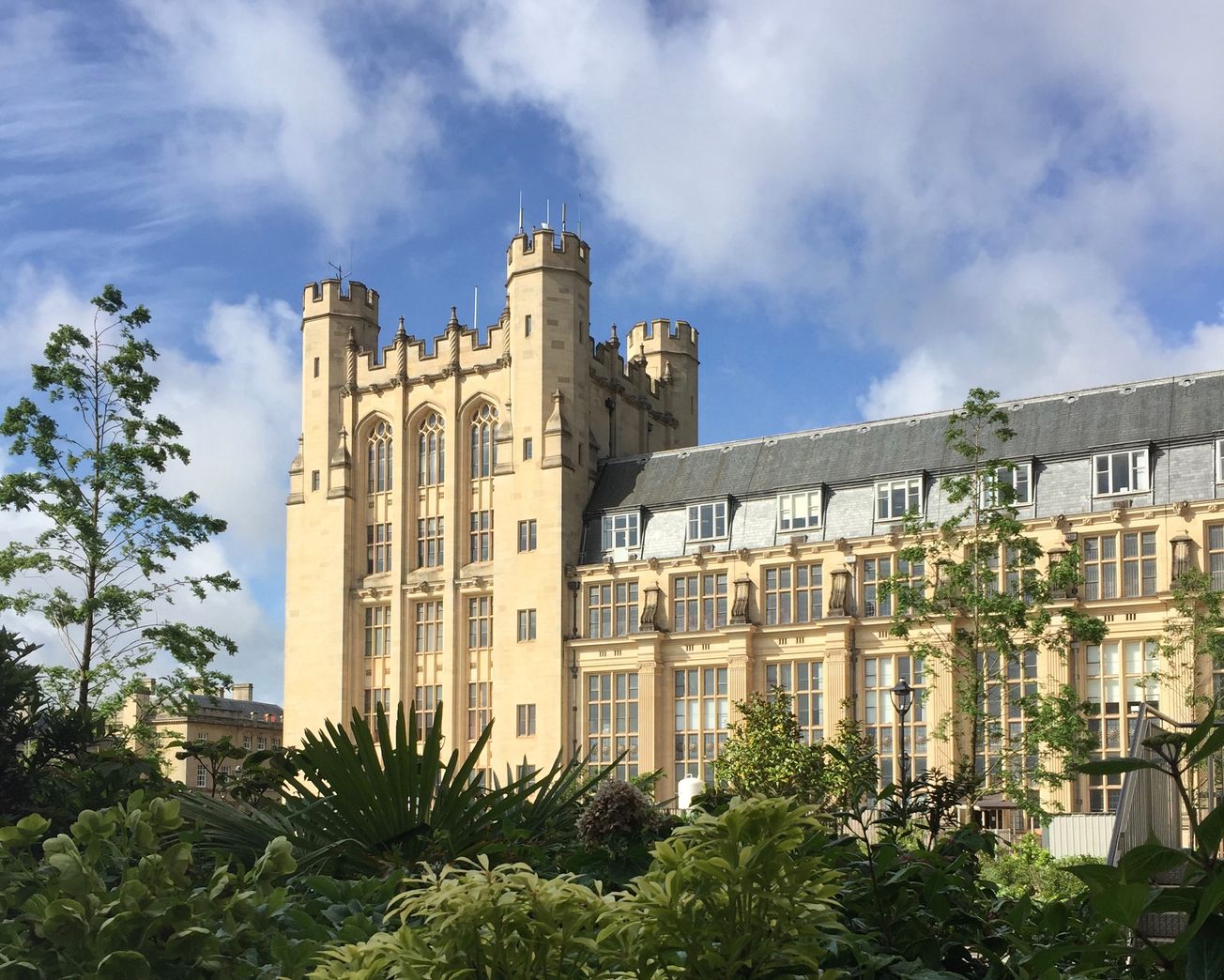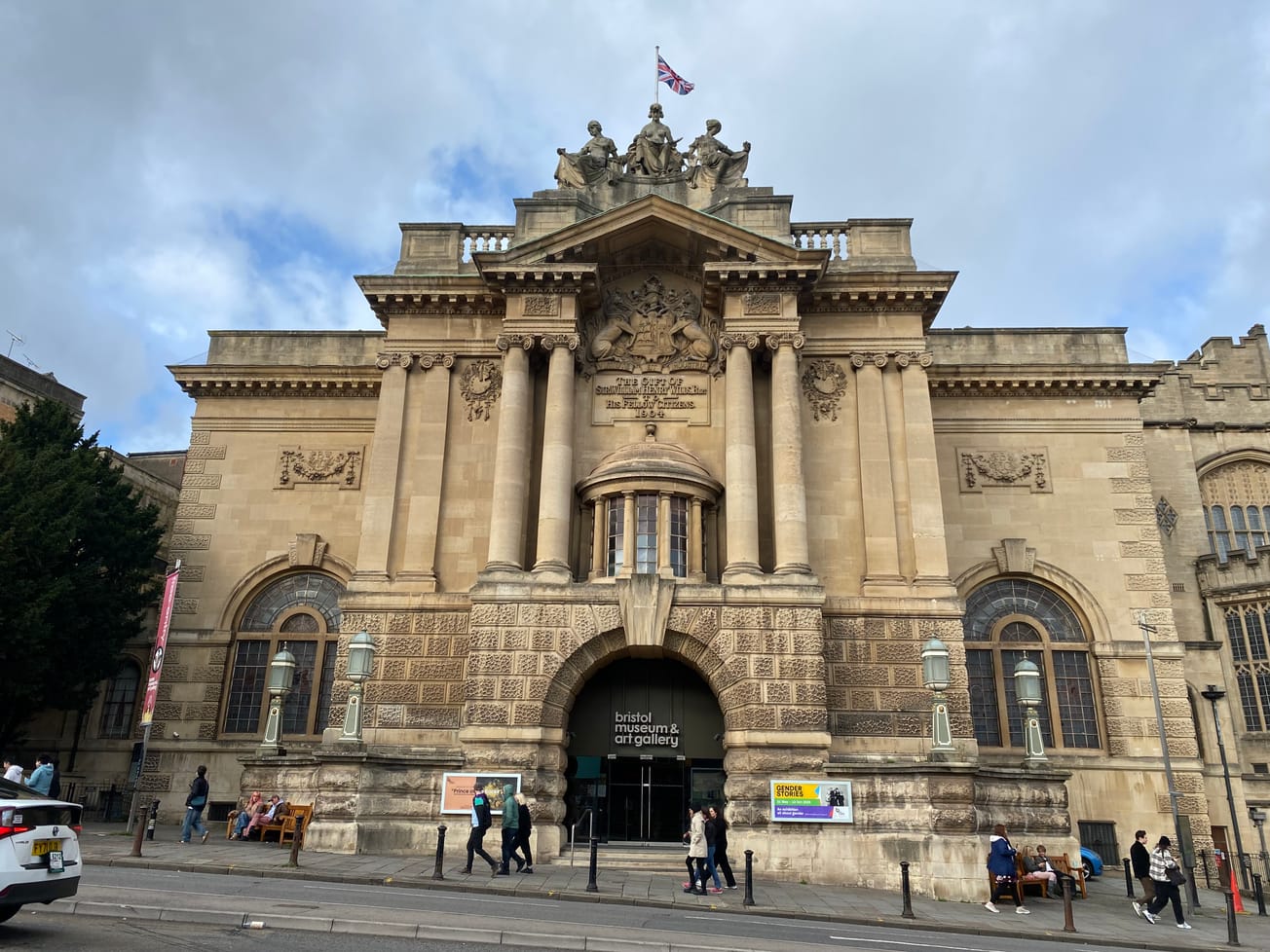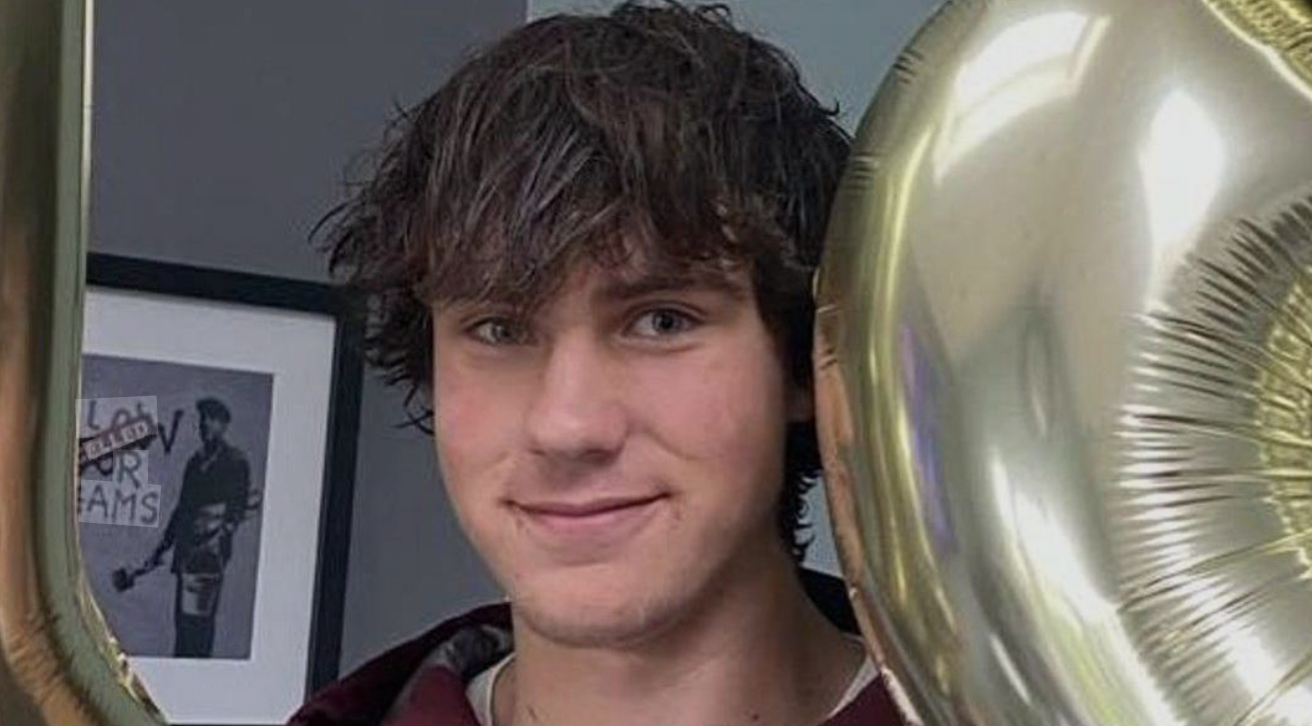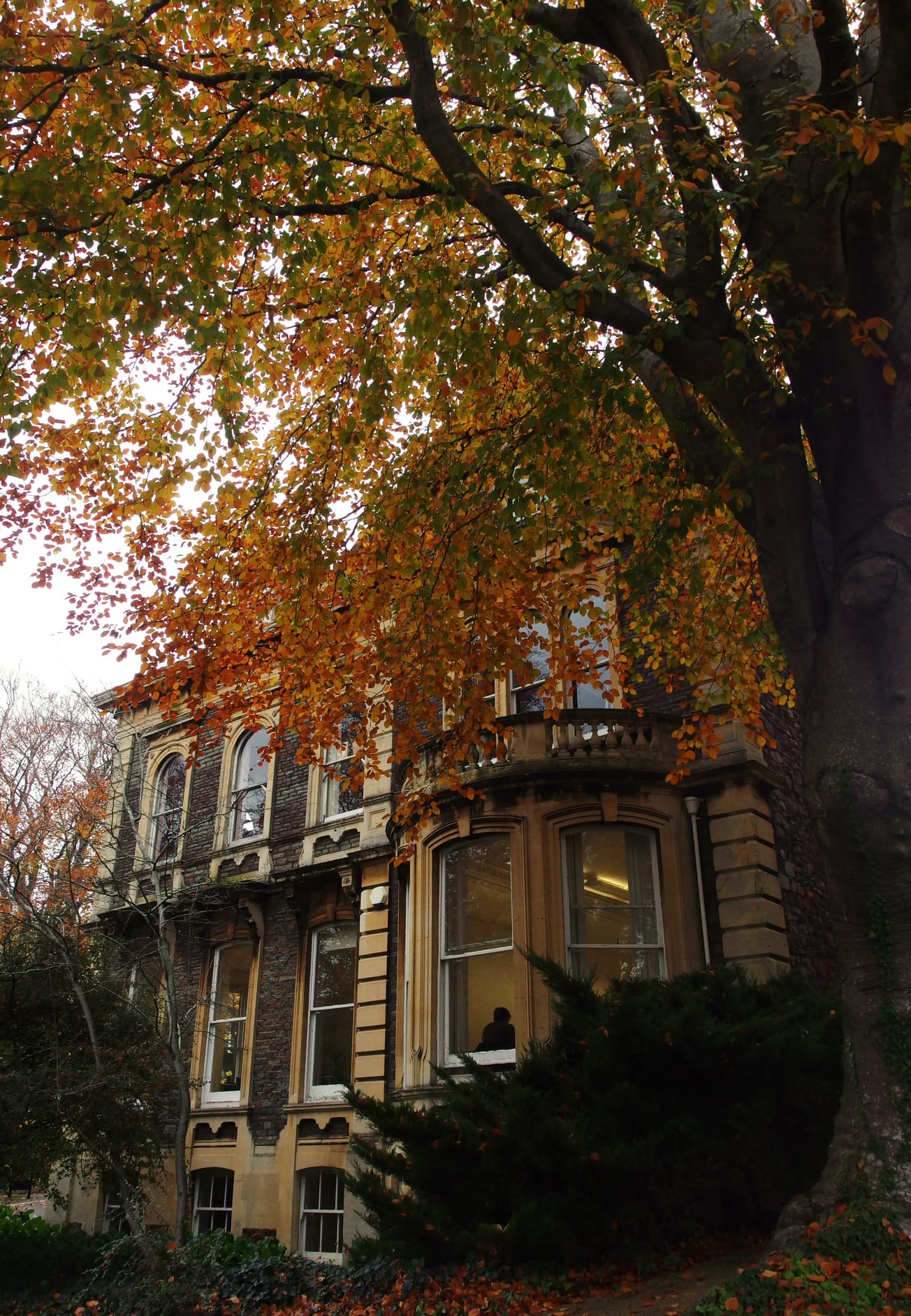The parents of a Bristol University physics student who died in April have expressed concerns with the student support services available during a pre-inquest review into her death.
Speaking through their lawyer, Tom Stoate, the parents of Natasha Abrahart expressed their concerns for other students at Bristol and the support available to them should they experience difficulty.
“We take this opportunity to note the family’s particular concern that a student as vulnerable as Natasha appears to have had no direct contact from the student wellbeing service", said Stoate: "We think that is potentially a very serious omission.
"The family are also particularly concerned about the apparent lack of information sharing between the NHS agencies and the university.”
In a statement outside court, Natasha's parents said: “She was a hard-working, high-achieving individual. She was disciplined, well-organised, persistent, analytical and determined. She had her whole life in front of her and we still cannot believe that she is no longer with us.
#Bristol University staff knew Natasha Abrahart was "in crisis" before her sudden death, a pre-inquest review heard. https://t.co/MIaP5bP4To
— BBC West Live (@BBCBristol) August 22, 2018
“Over the last two months we have conducted our own in-depth analysis of available material. This has provided a better understanding of what transpired. However, we still have a lot of questions and concerns. For the benefit of university students across the country we want to ensure that any lessons which can be learned from Natasha’s death are identified and acted upon.”
The University has released a statement making clear that this review did not contain all of the evidence on the case. Lynn Robinson, Deputy Registrar, said:
"There has been widespread media coverage of the pre-inquest review of the death of Natasha Abrahart, a second-year physics student who tragically passed away earlier this year.
"Press and public are entitled to attend pre-inquest reviews, which are different in scope to full inquests where, after hearing the evidence, the Coroner’s Court will reach an official conclusion on the cause of death.
"At yesterday’s review, the legal team representing Natasha’s parents presented some of the evidence. Following this, media have widely reported that the University’s student services did not contact Natasha to offer her support. This is incorrect and the evidence that will be submitted shows the University’s services did make offers of help directly to Natasha.
"We are disappointed that the media have chosen to report on such a sensitive and difficult case before all the evidence – including evidence from the University – has been put to the Coroner. We are committed to co-operating fully with the Coroner to ensure any lessons learnt are built into the support we provide our students.
"At the heart of this is a student who has tragically died, her family, and members of our community who remain deeply affected by this loss. Our thoughts remain with Natasha’s family and friends at this very difficult time".
Bristol has recently announced plans for an opt-in system where students will allow the University to share information with parents if they are concerned about a students' wellbeing.
The student-run campaign group for better mental health provision, Support Our Services, said: "What has happened to Natasha can only be described as a complete tragedy, something has gone wrong somewhere and we must try to identify and fix what that was.
"We must endeavour to make sure that no student ever find themselves in her horrible situation, that is why we will be doing everything we can to lessen the suffering of our fellow students. We aim to do this by pushing for constant improvement and helping students find the services that would fit them best".
Questions surrounding the support network come just months before new students arrive into a new pastoral system in halls. Freshers will not be greeted by the Wardens of old, but by senior staff members heading up each of the residential villages (Clifton, City Centre and Stoke Bishop).
The inquiry into Natasha's death, which will determine the official cause of death, is yet to take place.
Most people who are thinking of taking their own life have shown warning signs beforehand. These can include becoming depressed, showing sudden changes in behaviour, talking about wanting to die and feelings of hopelessness. These feelings do improve and can be treated.
If you are concerned about someone, or need help yourself, please contact the Samaritans on 116 123.









